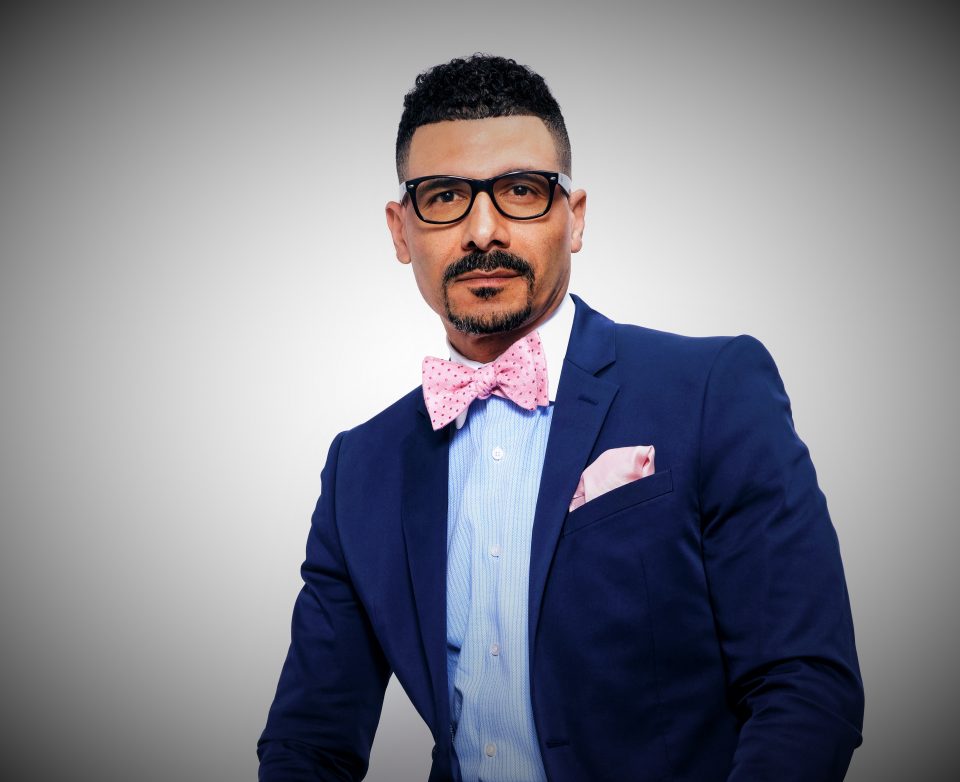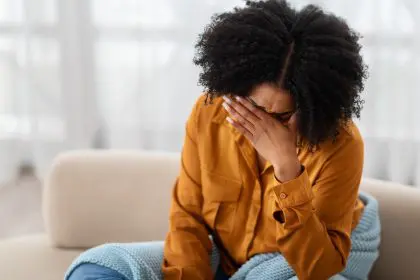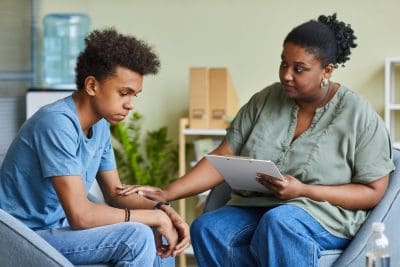
Steve Perry, Ed.D., is an educator, bestselling author and the founder of Capital Preparatory Schools, a network of charter schools in Harlem and Bronx, New York, and Bridgeport, Connecticut. The schools are designed to provide historically disadvantaged students with the college and career readiness skills needed to become responsible and socially engaged citizens. For 30 years, Perry, who also has a master’s degree in social work from the University of Pennsylvania, has used his voice to advocate for children and families and is widely respected by grassroots community members and international leaders.
During the COVID-19 pandemic, what three things can someone do to stay healthy mentally?
One of the most important things that you can do is recognize if you’re asking yourself if I’m okay or not. It’s okay to not be okay. Being Black [and] living in America, you already have a reason for pause. Next, we have to recognize the box we’re in, and within that box, the limitations that are put upon us. Lastly, get into a good space. It may be biking, meditation, painting or some other mental endeavor.
How do things like painting contribute to maintaining good mental health?
You must acknowledge your own role in your mental health. Maintenance begins with the approach that we take to life. The second part of that maintenance is ensuring that you surround yourself with people who make you feel better.
What can we do, particularly when we’re grieving?
There is no single way to grieve. From a cultural perspective, different people respond differently to grief. It’s our right to grieve how we want to grieve.
What keeps us as a community from understanding that peace is good for our lives?
One of the most challenging and compelling experiences throughout time is solitude. We can manufacture the aesthetic that we wish to have. Social media is a way to create our own reality by what we consume. This allows us to be both aspirational and inspirational.
People struggle to acknowledge themselves. Nobody and everybody is a hero in their own story. None of us are truly comfortable with the parts of us that make us uncomfortable. People who I find most authentically happy are the ones who are in the process of acknowledging and confronting who they are.
What should we be doing to support those individuals who are working to find some solutions? How can we begin to create interventions for our family and our community?
One of the most important things we can do is demystify the conversations around mental health. We make it seem like there’s some sort of code that you have to crack. In order to get the help, we have to talk about it more. This is a cultural issue within the Black community at large but, more specifically, the poorer parts of the Black community.













